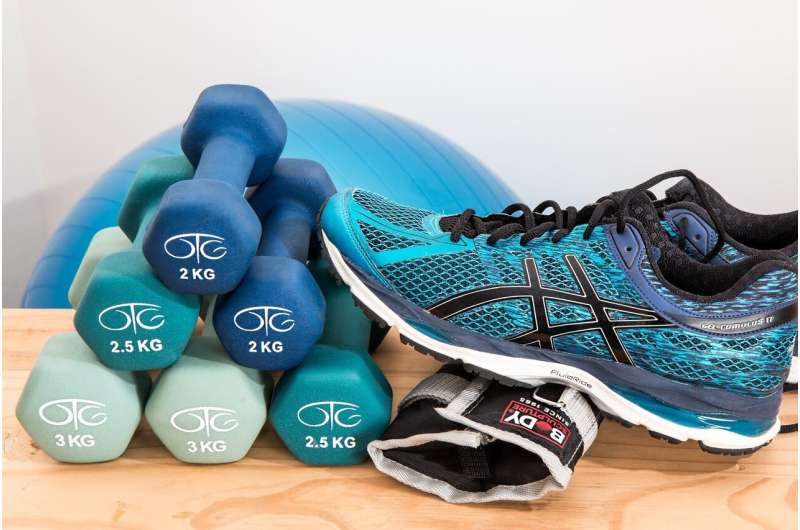Walking 3,000 Steps Daily at a Faster Pace May Reduce Heart Risks by 17%

Discover how walking just 3,000 steps daily at a faster pace can lower your risk of heart attack, stroke, and other cardiovascular events, especially for those with hypertension.
Walking 3,000 Steps Daily at a Faster Pace May Reduce Heart Risks by 17%

Walking more than 3,000 steps a day at a brisk pace can significantly lower the risk of major cardiovascular events, such as heart attack, stroke, and heart failure, especially for individuals with hypertension. A recent study published in the European Journal of Preventive Cardiology analyzed data from over 32,000 participants, revealing that increasing daily step counts and walking faster can cut the risk of severe heart problems.
The research demonstrated that exceeding 3,000 steps daily correlates with a 17% reduction in adverse cardiovascular events in hypertensive individuals. Furthermore, every additional 1,000 steps taken was associated with a 22% lower risk of heart failure, 24% lower risk of stroke, and a 9% decrease in heart attack risk.
Supervised by Dr. Emmanuel Stamatakis from the University of Sydney, the study supports the idea that even physical activity below the widely recommended 10,000 steps can provide meaningful health benefits. Experts emphasize that any amount of walking has positive effects on heart health and overall well-being.
Additionally, the research found benefits for people without high blood pressure, with increased steps linked to reductions in cardiovascular risks. Health professionals suggest that incorporating more steps into daily routines and walking at a quicker pace can be easily achieved and substantially improve heart health.
Learn more about how daily activity can impact your cardiovascular health and explore practical tips to incorporate walking into your lifestyle.
Stay Updated with Mia's Feed
Get the latest health & wellness insights delivered straight to your inbox.
Related Articles
Evolution of the Ideal AFL Body: Taller, Leaner, Faster
Explore how Australian Football League athletes have evolved into taller, leaner, and faster players, driven by changing game demands and advanced training over decades.
The Impact of Weighted Vests on Fitness: Benefits, Usage, and Precautions
Discover how weighted vests can enhance your workouts, improve athletic performance, and how to use them safely for effective resistance training.
The Importance of Physical Activity for Individuals with Rheumatic and Musculoskeletal Diseases
Discover how tailored physical activity can significantly improve health outcomes for individuals with rheumatic and musculoskeletal diseases through the latest research and recommendations from EULAR.



